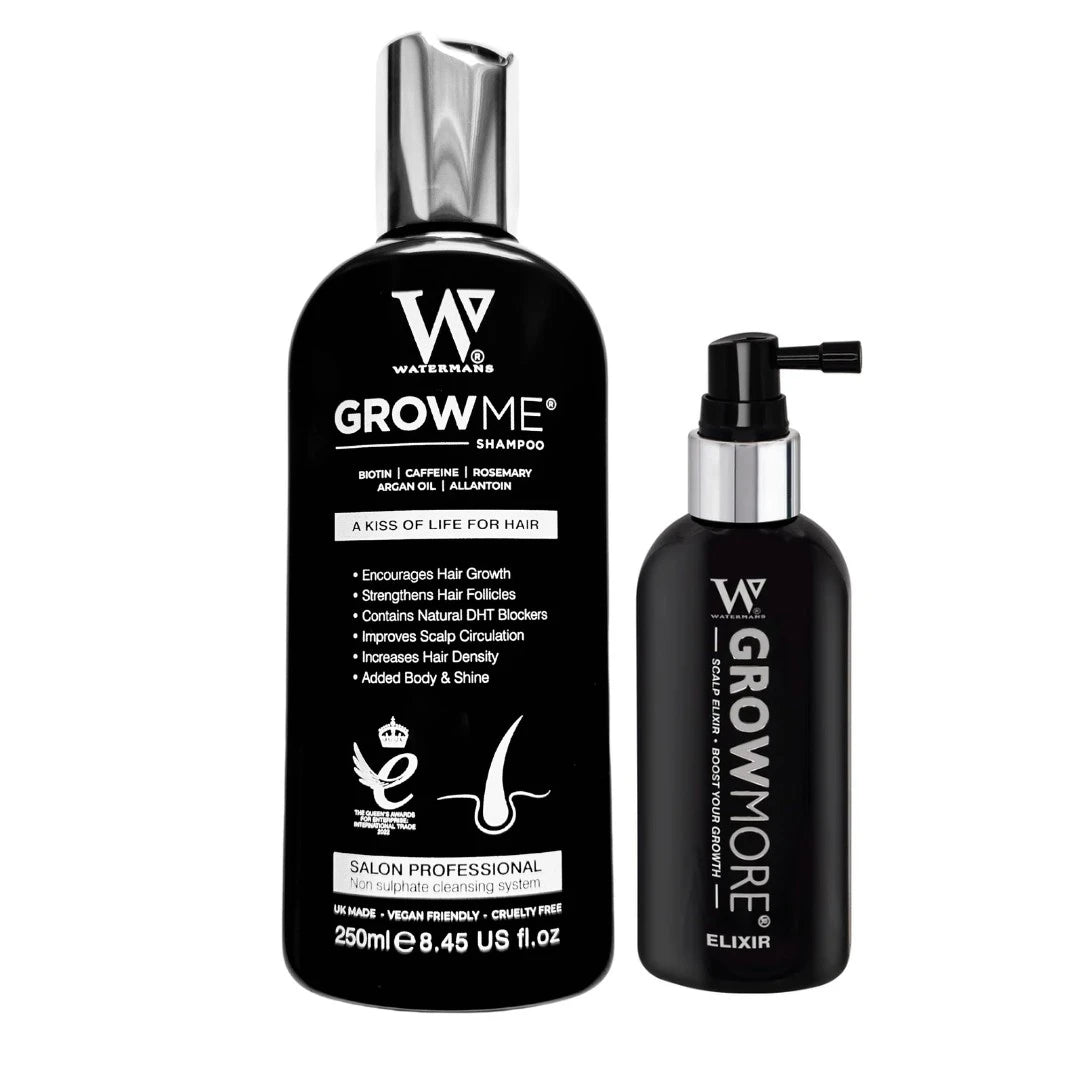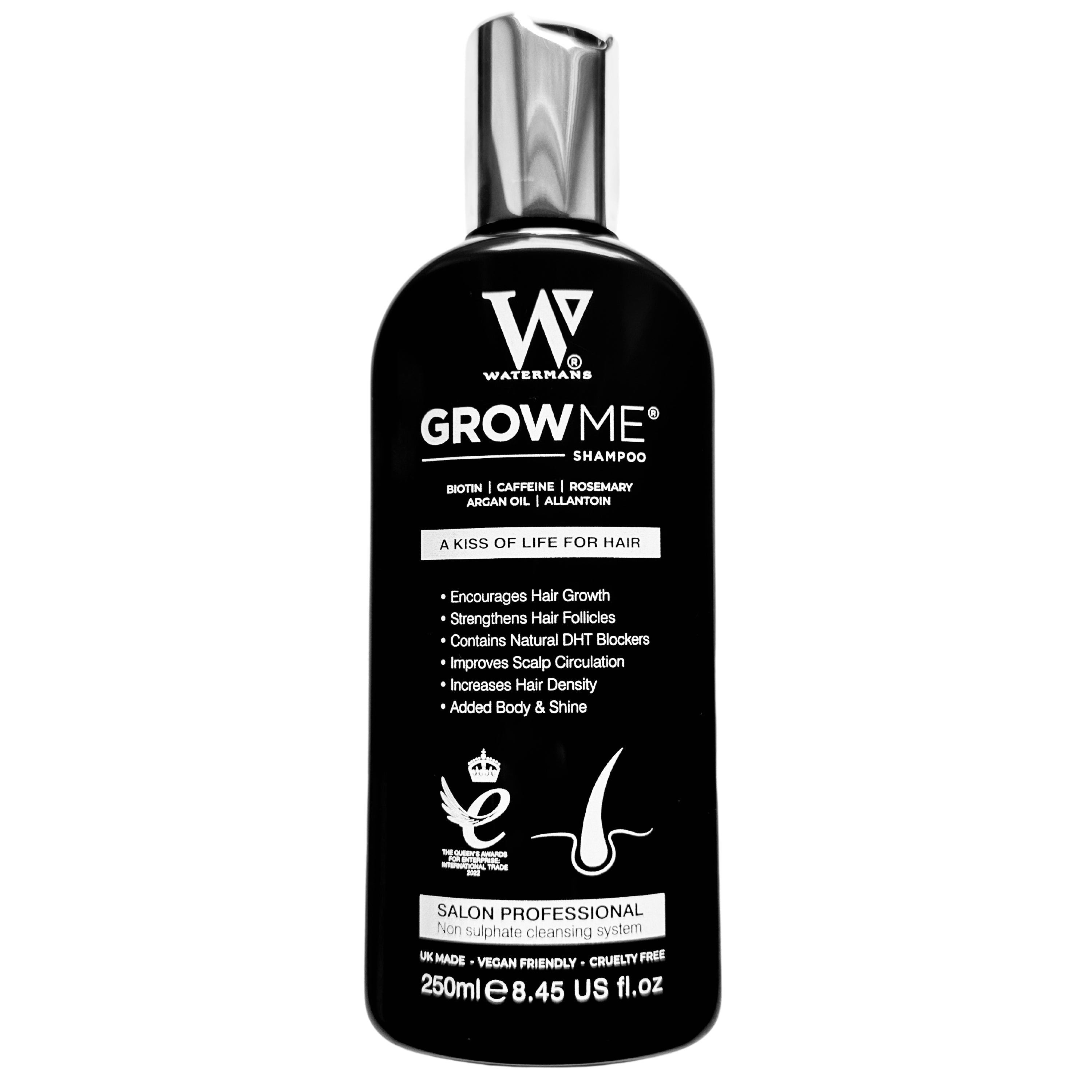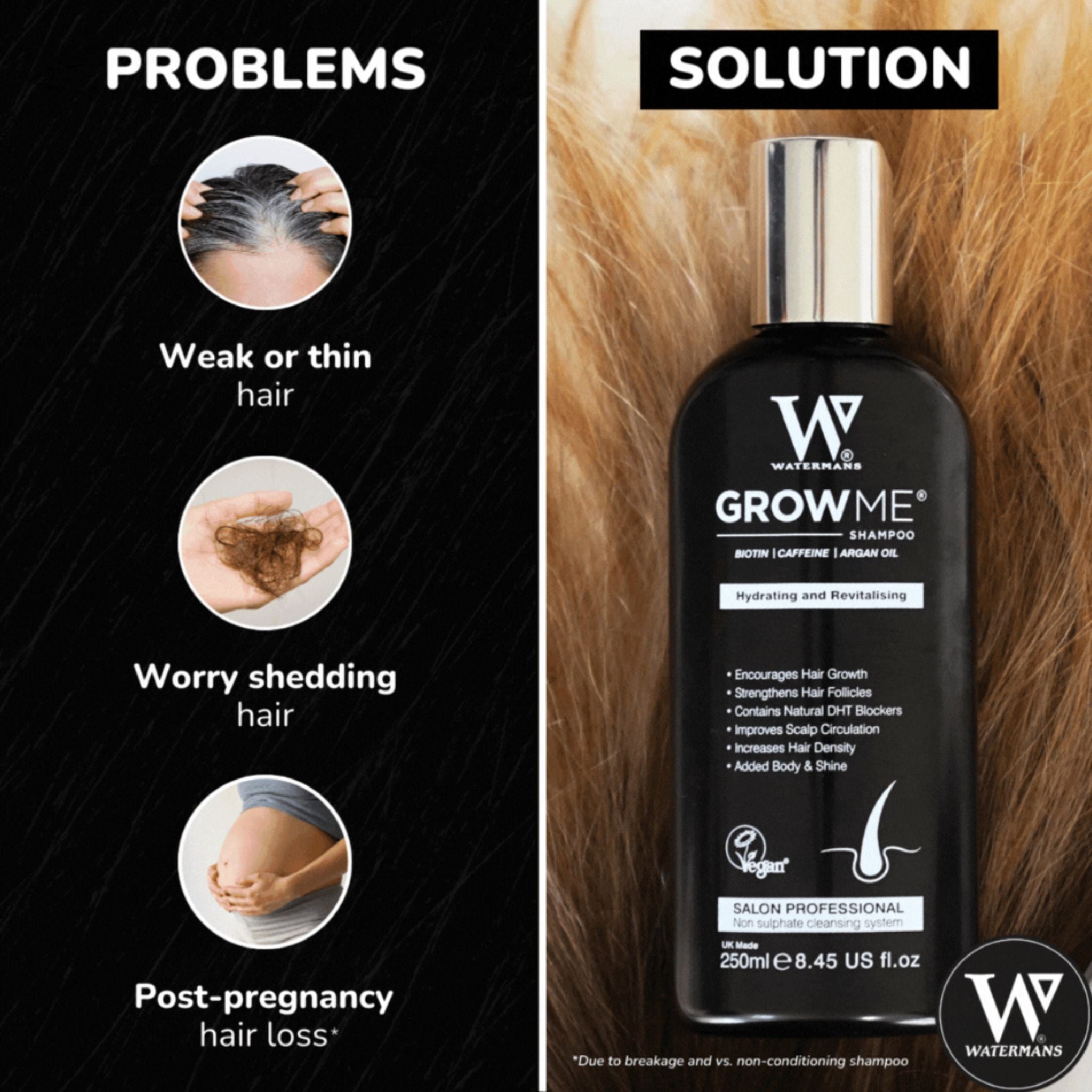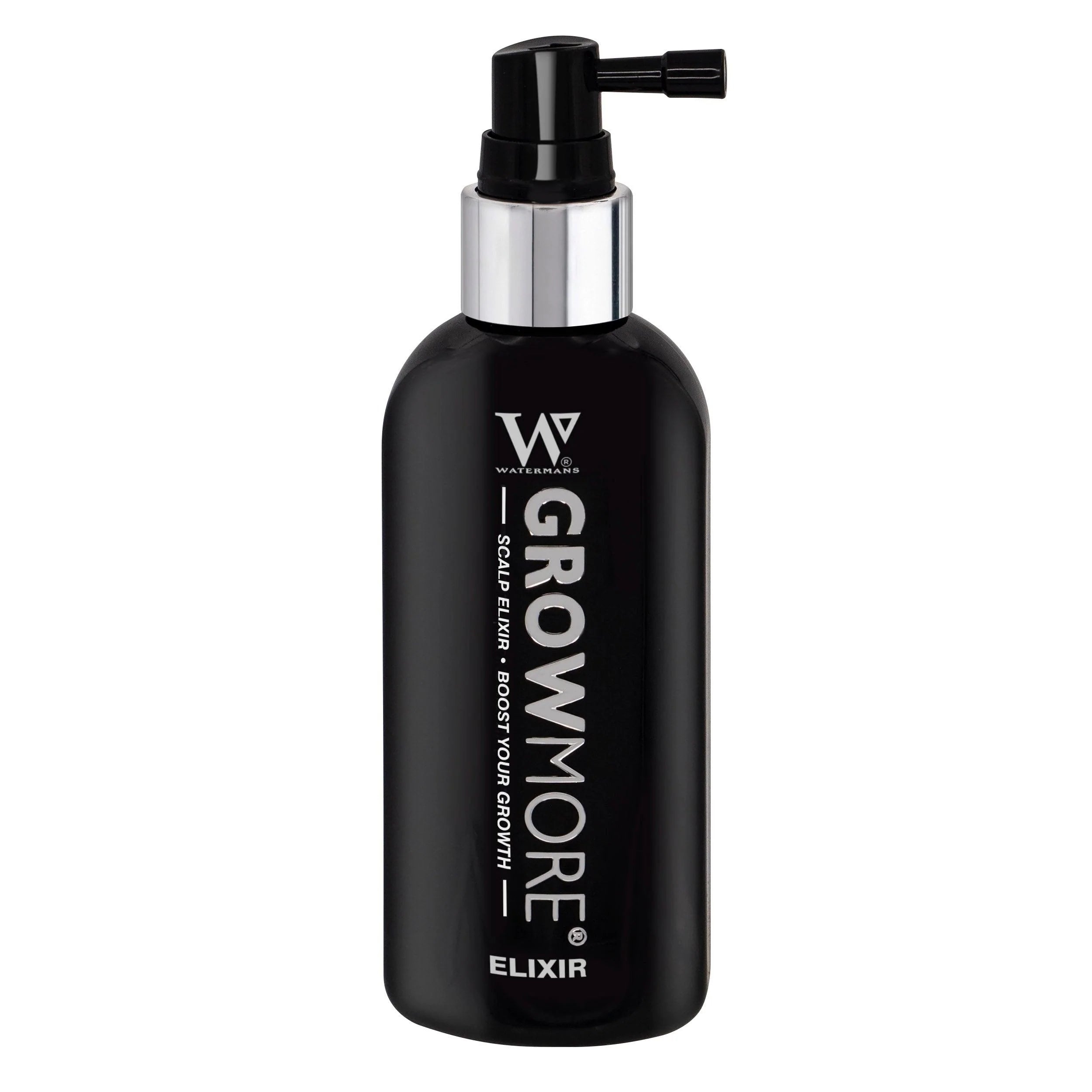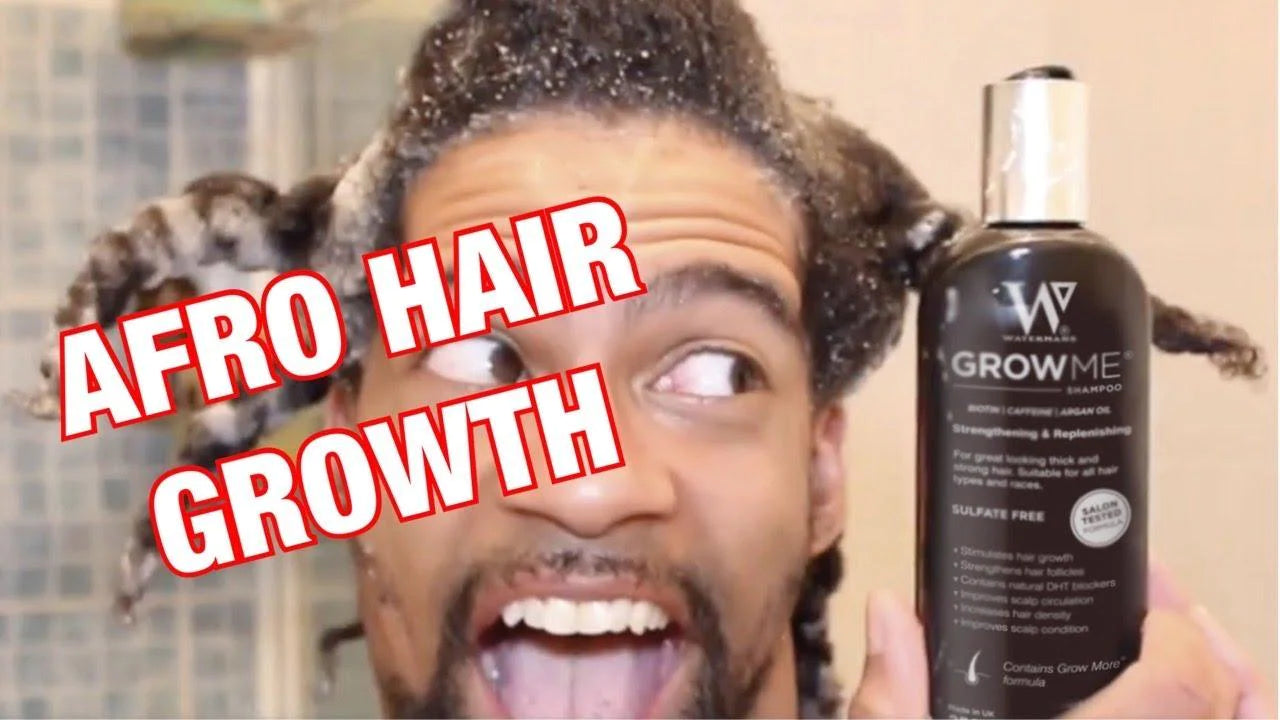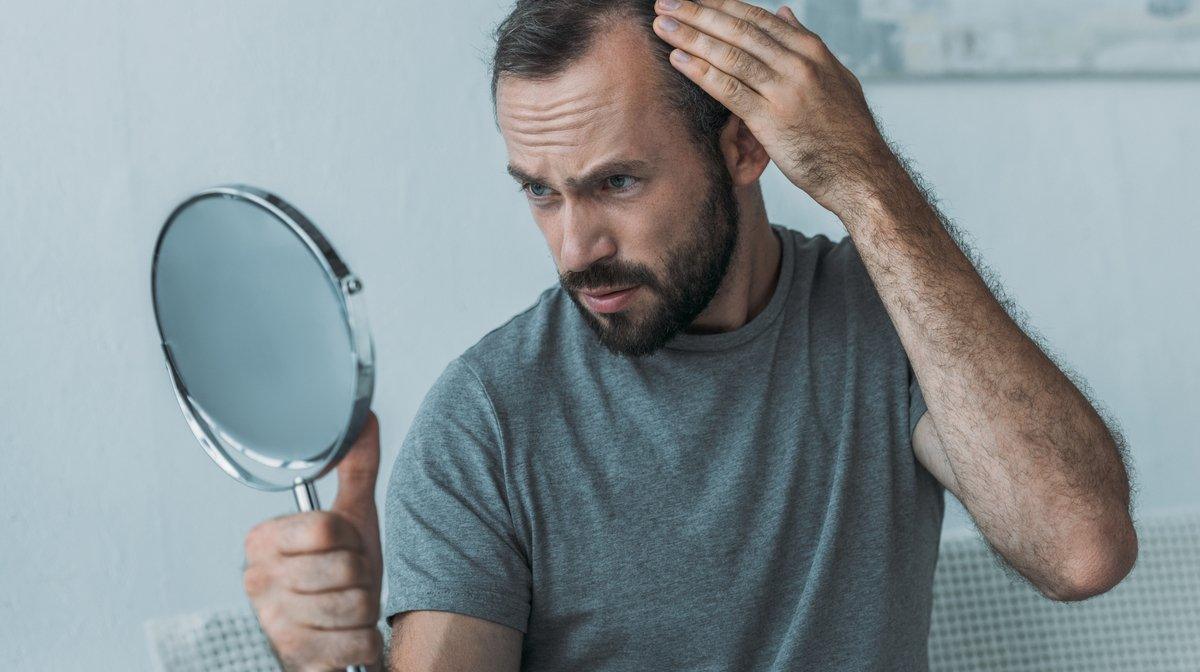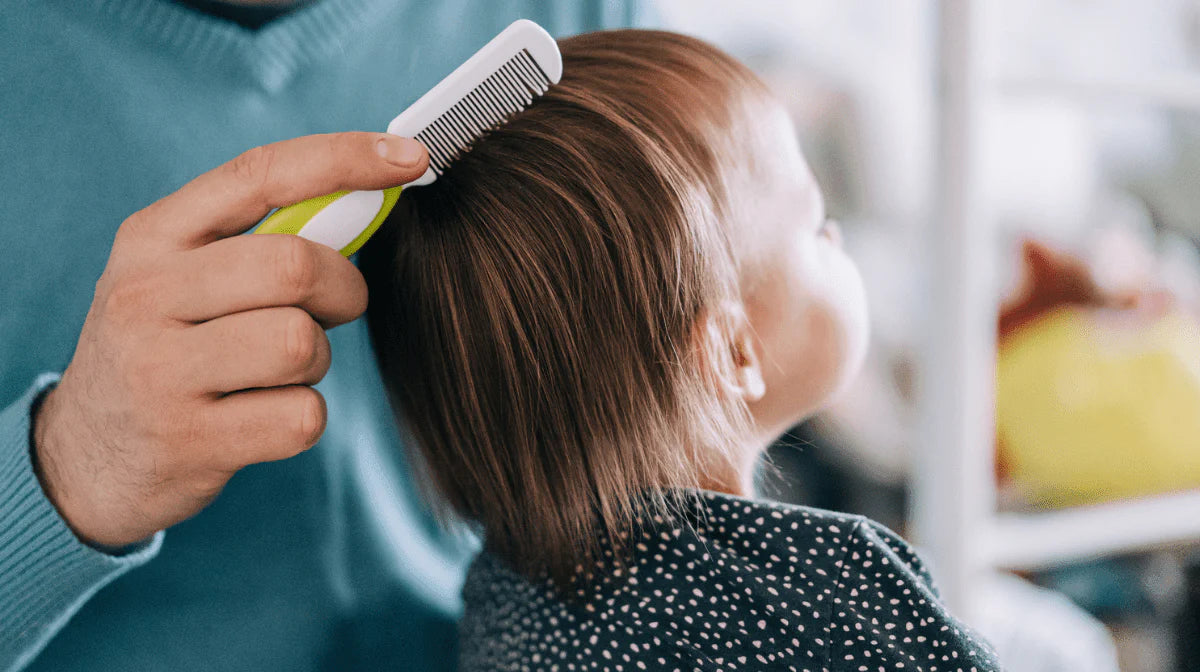
A Guide to Hair Loss in Children
You may be shocked to learn that hair loss and hair thinning can also affect children. If you’ve noticed your child losing hair, you’re likely a little worried – but we’re here to help.
We clear up any uncertainty surrounding hair loss in children with our comprehensive guide, taking you through the potential causes of children’s hair loss, and recommending a new hair care routine to help target the problem.
How Common is Hair Loss in Children?
Children’s hair loss is more common than you might think.
Just like adult hair, the life cycle of children’s hair is fairly predictable. Each strand grows for around 2 to 6 months before going through the ‘telogen phase’ where it rests for around 3 months. After that, the hair strand falls out and a new one starts growing. The cycle continues.
While it’s normal for kids to shed some hair daily, noticing your child is losing an abnormal amount of hair can come as a shock. It’s important to find out early on what could be causing your child’s hair loss.
Causes of Hair Loss in Children
There are a number of potential medical and non-medical causes of children’s hair loss. These lists are inclusive but not exhaustive, so if you have any concerns, we recommend contacting your paediatrician.
Potential Medical Causes of Children’s Hair Loss:
1. Children’s Alopecia
Children’s alopecia is an auto-immune condition that attacks hair follicles. Alopecia in kids comes in different forms:
- Alopecia areata: bald patches on the scalp
- Alopecia totalis: all the hair on the scalp falls out
- Alopecia universalis: all the hair on the body falls out
Around 1 in every 1000 children experiences the localised version of children’s alopecia, alopecia areata. Your paediatrician can diagnose alopecia areata by examining both the scalp and strands of hair.
2. Trichotillomania
Often categorised as a form of obsessive-compulsive disorder, trichotillomania is a disorder where children compulsively pull out their hair. Some do it as a form of release, whereas others don’t realise they’re doing it.
It’s common for children with this disorder to have patches of broken or missing hair. The hair will grow back once the tugging stops. Cognitive behavioural therapy may be required to source the root of the problem.
3. Nutritional Deficiencies
Just like in adults, children’s hair loss can occur if they’re deficient in certain vitamins and minerals, including:
- Iron
- Zinc
- Niacin
- Biotin
- Protein and Amino Acids
Additionally, too much Vitamin A may also contribute to hair loss in children.
4. Telogen Effluvium
As mentioned earlier, the telogen phase of the hair growth cycle is where hairs stop growing and enter a stage of rest.
In children with telogen effluvium, more of their hair follicles go into the telogen phase than usual. So, instead of losing a normal 100 hairs a day, they may lose around 300 hairs a day. You may notice bald patches on their scalp.
Telogen effluvium in children usually occurs after an extreme event, such as:
- Severe injury
- Intense emotional trauma (e.g. loss of a loved one)
- Very high fever
- Surgery
Read more about telogen effluvium here.
If you’re worried about any of the conditions mentioned, be sure to contact your paediatrician.
Non-Medical Causes of Children’s Hair Loss
There are also a number of potential non-medical causes of hair loss in kids too, including:
- Blow drying/heated styling
- Hair ties
- Newborn hair loss – in their first 6 months, most babies will lose the hair they were born with to make way for their new mature hair
- Friction hair loss – this can be causes by babies rubbing the back of their head against their cot’s mattress
Hair Care Routine for Children’s Hair Loss
Hair loss can be worrying at any age, let alone in children. It’s best to speak to your child about their hair loss, understand how they are feeling while explaining the problem and how it’s going to be fixed.
To support child’s hair regrowth, we recommend a targeted hair care routine designed to encourage healthy hair growth.










